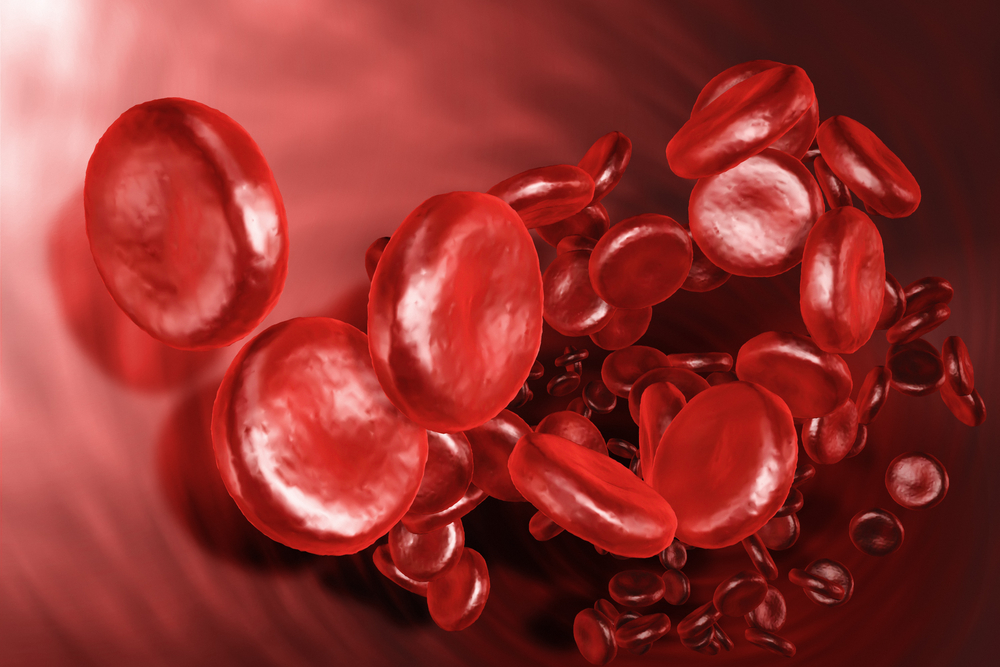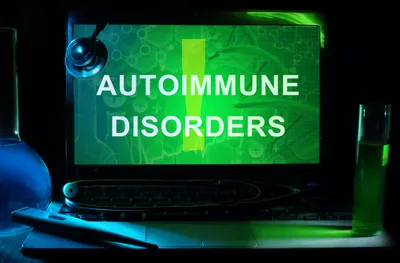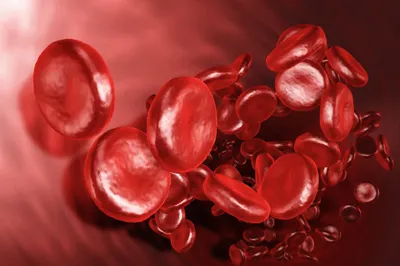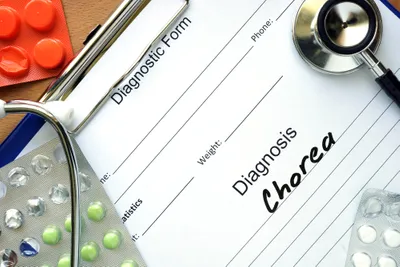Many folks have never even heard of Antiphospholipid Antibody Syndrome (or APS), but June just happens to be Antiphospholipid Awareness Month.
APS is a type of autoimmune disorder that occurs when the immune system begins to attack normal proteins within the blood. According to research from the American College of Rheumatology, anti-phospholipid autoantibodies (aPL proteins) in the blood mistakenly attack the body and lead to frequent blood clot development within the walls of veins or arteries, particularly deep vein thrombosis (or DVT) in the legs, lungs or kidneys, and even the brain. Antiphospholipid syndrome has also been linked to DVT, stillbirth and miscarriage in pregnant women, lupus, as well as strokes in individuals under age 50. Let’s explore the many common and even less frequent symptoms of antiphospholipid syndrome…
1. Antiphospholipid Antibody Syndrome Prevelence
First let’s look at the shocking prevalence of APS. Even though many have never even heard of Antiphospholipid Antibody Syndrome, this autoimmune condition is often misdiagnosed, which is why it’s difficult to determine the total number of APS cases.
However, the APS Foundation of America estimates that roughly 25-percent of all women who’ve experienced 2 or more spontaneous miscarriages, between 75- and 90-percent of young stroke victims, up to 15-percent of lupus patients, and 1 in 5 deep vein thrombosis and pulmonary embolism cases are the result of APS.
2. Blood Clots or DVT
Blood clots are perhaps the most common associated symptom of APS, according to the Mayo Clinic. The danger of frequent blood clot formation depends largely on the area of formation.
For instance, blood clots can develop in the legs or arms, leading to deep vein thrombosis or peripheral arterial thrombosis. From there clots can travel to other organs, such as the lungs, heart, or brain (leading to stroke).
3. Pregnancy Complications
Sadly, Antiphospholipid Antibody Syndrome has been linked to women with complications during pregnancy. For instance, a woman with APS may be prone to frequent miscarriages, premature deliveries, or stillbirths.
Research from the Mayo Clinic also notes that women prone to these types of pregnancy complications from APS also tend to develop high blood pressure, or a condition known as preeclampsia) during pregnancy.
4. Nose, Skin, or Gum Bleeds
Frequent, and often spontaneous and scary, bouts of bleeding may occur and signal an underlying health condition, such as APS. For instance, many patients with low blood platelet counts, can experience frequent nose bleeds and bleeding from the gums.
Blood platelets are required for normal clotting (to stop blood flow), and patients with low platelet counts (a condition known as thrombocytopenia) will often experience red spots (called petechiae) or bleed patches in the skin, according to research published by the Eular Journal (Annals of the Rheumatic Diseases).
5. Uncontrolled Movements
According to the Mayo Clinic, a condition known as Chorea, which is a type of movement disorder characterized by uncontrolled jerks in the limbs and body, is a more subtle symptom of APS.
A 2015 study published by the National Institutes of Health, found that patients with no other causes of chorea showed increased aPL antibodies, which suggest that the muscle disorder may be a direct indication of pre-APS.
6. Neurological Issues
The Mayo Clinic links several neurological symptoms and memory disorders with the presence of Antiphospholipid Antibody Syndrome. For instance, cognitive disorders that affect memory, namely dementia, will occur if a blood clot forms and blocks vital flow to the brain.
In addition, seizures can occur from compromised blood flow to the brain. Other less common symptoms of APS can include chronic headaches and even migraines, again due to stifled blood flow.
7. Heart Damage
Certain cardiovascular problems have also been associated with Antiphospholipid Antibody Syndrome patients. For instance, research from the U.S. National Library of Medicine suggests several types of cardiac manifestations may result from APS–including the development of pulmonary hypertension. Other heart valve damage and abnormalities (i.e., valve thickening and vegetations) may also occur from APS.
Attacks from antiphospholipid antibodies (or aPLs) may also lead to cardiovascular inflammation, accelerated atherosclerotic arterial disease, myocardial infarction, atherosclerosis, heart valve lesions, and intracardiac emboli.
8. Patterned Skin Rash
The web resource, Patient.info associates a telltale skin rash, known as Livedo Reticularis, as a lesser known symptom associated with APS. The rash often appears in a red or blue-tinged net-like pattern across the arms, legs, and torso.
Livedo Reticularis rash may also appear in skin ulcerations or in a circular pattern, but won’t dissipate when heat or warmth is applied to the affected skin area.











